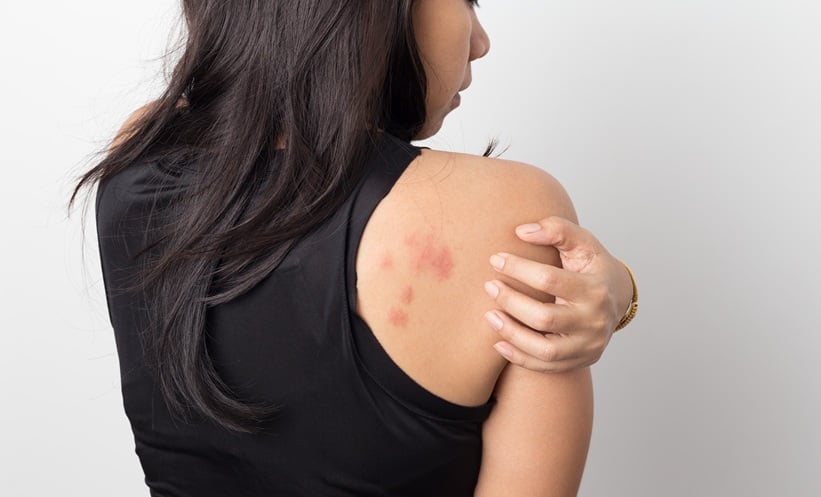CHRONIC spontaneous urticaria is a distressing condition marked by recurring itch, wheals, and sometimes angioedema, significantly affecting quality of life. The disorder is driven by mast cell activation, yet current chronic spontaneous urticaria treatment approaches, including second-generation antihistamines and the IgE-neutralising therapy omalizumab, do not directly target mast cells themselves. As a result, many patients continue to experience symptoms despite escalating doses, creating a clear need for new, more effective therapies.
Targeting Mast Cells in Chronic Spontaneous Urticaria
Recent research has highlighted the potential of barzolvolimab, a first-in-class monoclonal antibody developed to inhibit the KIT receptor, which is essential for mast cell activation and survival. Unlike conventional chronic spontaneous urticaria treatment, which focuses on blocking histamine release or neutralising IgE, barzolvolimab aims to reduce the number and activity of mast cells at their source. This mechanism is particularly promising for patients whose symptoms remain uncontrolled despite antihistamines or omalizumab.
In a multiple ascending dose study involving individuals with moderate-to-severe chronic spontaneous urticaria unresponsive to standard therapies, barzolvolimab demonstrated rapid and sustained reductions in itch, wheals, and angioedema. Patients receiving doses of 1.5 mg/kg or higher showed significant improvements within one week, with many achieving complete or near-complete symptom control. These clinical benefits paralleled measurable reductions in tryptase levels, a marker of mast cell activity, supporting the drug’s targeted biological effect.
The safety profile of barzolvolimab was generally favourable. The most common treatment-related effect was mild hair colour lightening, alongside some reversible reductions in blood cell counts consistent with KIT inhibition. Importantly, these effects did not appear to lead to clinically significant complications.
The findings suggest that chronic spontaneous urticaria treatment strategies that directly target mast cells may offer superior disease control, particularly for patients who have exhausted existing options. With ongoing Phase 2 and Phase 3 trials currently underway, barzolvolimab represents a potentially transformative therapy in the management of chronic spontaneous urticaria.
As research advances, the hope is that future care will provide more predictable relief, reduced symptom burden, and improved day-to-day quality of life for those living with chronic spontaneous urticaria.
Reference
Maurer M et al. Anti-KIT barzolvolimab for chronic spontaneous urticaria. Allergy. 2025;80(8):2178-86.








